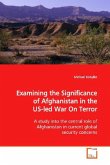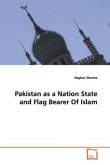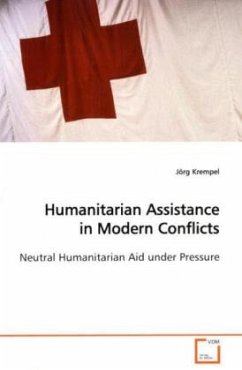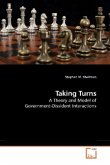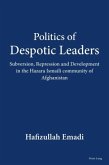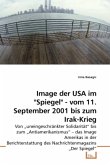Western foreign policies have begun to reflect the
concept of underdevelopment as dangerous , as
issues such as terrorism and environmental
degradation begin to be interpreted as security
threats to Western populations. However, these are
viewed from within a traditional realist, national
interest-based paradigm of security, privileging
Western populations and the international state
system while using development aid as a security
strategy to attack these problems.
This book refers to the tenets of critical
theory to draw out the contradictions in the current
paradigm, and to elicit understandings of security
that are better able to address today s threats. It
evaluates Canada's human security policy as an
instance of the way this new formulation of security
and development has been internalized by the
Canadian government, and looks at the potential for
change that arises when a critical lens is used, in
order to draw out strategies to work towards a more
inclusive discourse.
concept of underdevelopment as dangerous , as
issues such as terrorism and environmental
degradation begin to be interpreted as security
threats to Western populations. However, these are
viewed from within a traditional realist, national
interest-based paradigm of security, privileging
Western populations and the international state
system while using development aid as a security
strategy to attack these problems.
This book refers to the tenets of critical
theory to draw out the contradictions in the current
paradigm, and to elicit understandings of security
that are better able to address today s threats. It
evaluates Canada's human security policy as an
instance of the way this new formulation of security
and development has been internalized by the
Canadian government, and looks at the potential for
change that arises when a critical lens is used, in
order to draw out strategies to work towards a more
inclusive discourse.


